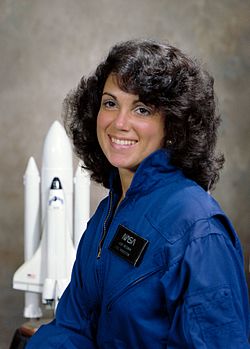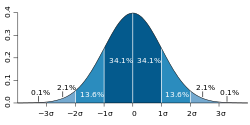
Back Portal:Wisseschaft ALS ውክፔዲያ:ሳይንስ Amharic بوابة:علوم Arabic قيسارية:صيونص ARY بوابة:علوم ARZ Portal:Elm Azerbaijani پوْرتال:علم AZB Портал:Фән Bashkir Portal:Wissnschoft BAR Portal:Siyensya BCL
Science portal

Science is a systematic discipline that builds and organises knowledge in the form of testable hypotheses and predictions about the universe. Modern science is typically divided into two or three major branches: the natural sciences (e.g., physics, chemistry, and biology), which study the physical world; and the social sciences (e.g., economics, psychology, and sociology), which study individuals and societies. Applied sciences are disciplines that use scientific knowledge for practical purposes, such as engineering and medicine. While sometimes referred to as the formal sciences, the study of logic, mathematics, and theoretical computer science (which study formal systems governed by axioms and rules) are typically regarded as separate because they rely on deductive reasoning instead of the scientific method or empirical evidence as their main methodology. (Full article...)
Featured article -
Featured pictures
Vital articles

Biology is the scientific study of life and living organisms. It is a broad natural science that encompasses a wide range of fields and unifying principles that explain the structure, function, growth, origin, evolution, and distribution of life. Central to biology are five fundamental themes: the cell as the basic unit of life, genes and heredity as the basis of inheritance, evolution as the driver of biological diversity, energy transformation for sustaining life processes, and the maintenance of internal stability (homeostasis). (Full article...)
Did you know...
- ... that the calling patterns of the Japanese tree frog have been used in wireless network design, furthering an area of science known as swarm intelligence?
- ... that the 1998 cyberpunk short story "CyberJoly Drim" caused a controversy in the Polish science fiction and fantasy community?
- ... that the Alexander McQueen collection Neptune drew negative reviews comparing the clothing to 1980s science fiction, Xena, and Wonder Woman?
- ... that at the age of 14, Jenny Suo conducted a science experiment that ultimately led to GlaxoSmithKline pleading guilty to breaching consumer protection laws?
- ... that Cowbridge Girls School, built in 1896, was unusual for its time in providing a science laboratory for the students?
- ... that Godwin Obasi has been described as "Africa's gift to the world of climate science"?
Get involved
| This portal needs to be updated. Please help update this portal to reflect recent events or newly available information. Relevant discussion may be found on the talk page. |

|

|
Science News
- 16 April 2025 –
- A colossal squid is filmed in the Southern Atlantic Ocean for the first time since the species was discovered in 1925. The 30 cm (12 in)-long juvenile was filmed by a team of scientists led by the University of Essex near the South Sandwich Islands at a depth of 600 m (2,000 ft). (BBC News)
- 14 April 2025 – Blue Origin NS-31
- A Blue Origin New Shepard launch vehicle makes a brief sub-orbital spaceflight, carrying six female space tourists, marking the first all-female spacecraft since 1963's Vostok 6 which had Valentina Tereshkova as the pilot and the spacecraft's sole passenger. (NPR) (USA Today)
- 1 April 2025 – Private spaceflight
- SpaceX successfully launches four humans into orbit over Earth’s poles for the first time for the human spaceflight mission Fram2. The journey will last three to five days. (The New York Times)
- 26 March 2025 –
- Scientists discover Mongolian dinosaur Duonychus tsogtbaatari. (NBC News)
- 25 March 2025 –
- A 6.7 magnitude earthquake hits New Zealand causing a tsunami warning to be issued. A tsunami was then spotted in Fiordland. [1]
- 7 March 2025 – Stand Up for Science 2025
- Organized demonstrations and walkouts of scientists take place across 30 cities in the United States and France in protest of the Donald Trump administration's grant budget and employment cuts to several government scientific agencies. (AP)
Related portals
Top 10 WikiProject Science Popular articles of the month -
Categories -
© MMXXIII Rich X Search. We shall prevail. All rights reserved. Rich X Search
































































